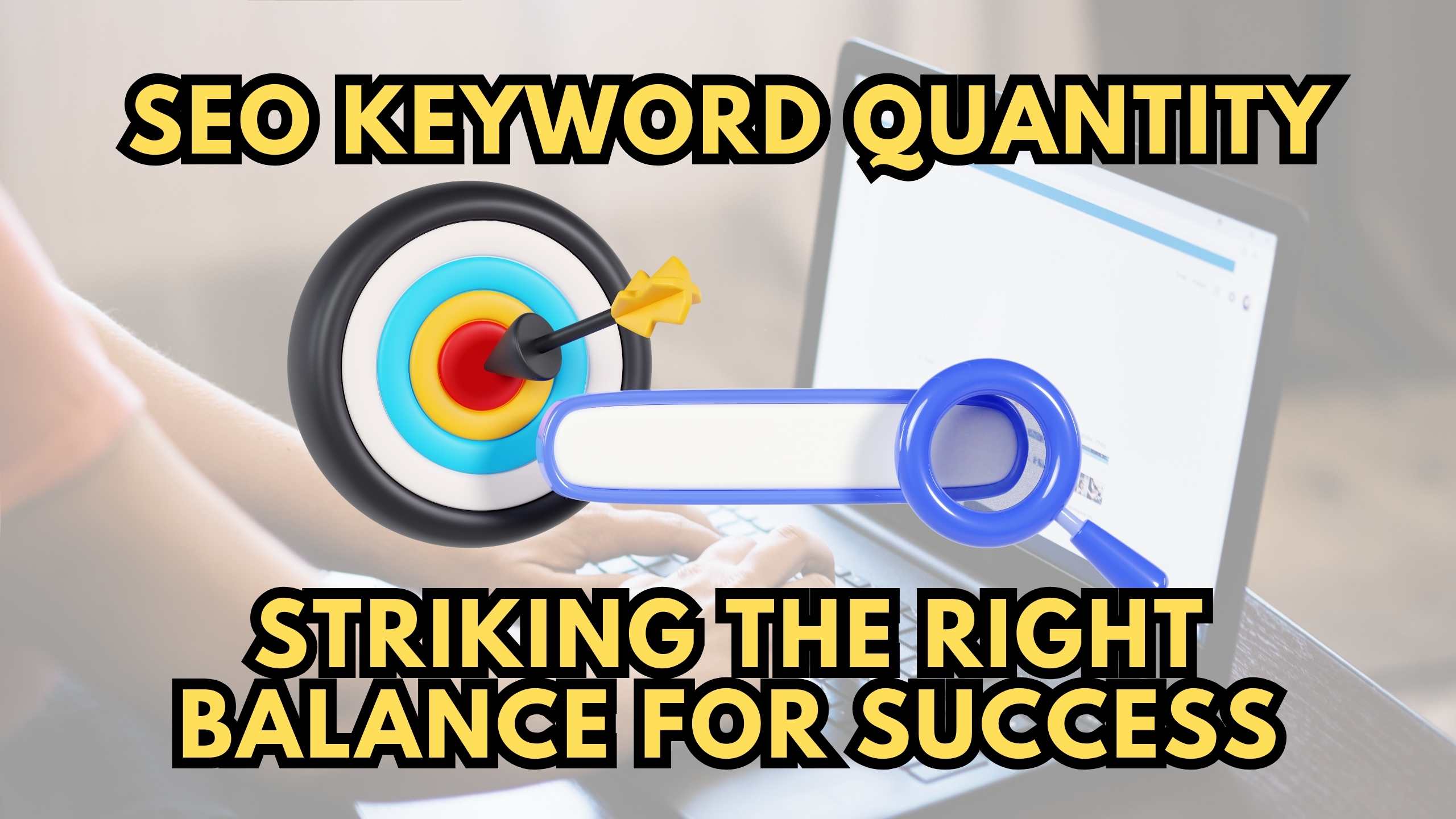Optimal Meta Tags: Striking the Right Quantity for SEO
- WebOps Platforms Bug Tracking & Feedback Software Web Development & Design


Optimal Meta Tags: Striking the Right Quantity for SEO
In the ever-evolving landscape of Search Engine Optimization (SEO), meta tags play a crucial role in determining a website’s visibility on search engine results pages (SERPs). Crafting the right quantity of meta tags is a delicate balance that can significantly impact your SEO strategy. Let’s delve into the optimal practices and considerations for maximizing the effectiveness of your meta tags.
Understanding the Role of Meta Tags
Meta Tags 101
Meta tags are HTML elements that provide information about a web page to search engines. They offer a brief summary of a page’s content, guiding search engine algorithms and influencing how the page appears in search results. Common types of meta tags include title tags, meta descriptions, and meta keywords.
Quality Over Quantity
While it’s tempting to flood your website with meta tags, the emphasis should always be on quality over quantity. Search engines prioritize relevant, concise, and accurate meta tags. Overloading your pages with unnecessary tags can dilute their effectiveness and even lead to penalties from search engines.
Striking the Right Quantity
Title Tags: The Anchor of SEO
The title tag is a critical meta tag that serves as the main headline of a page. Striking the right balance in the length of your title tags is essential. While Google typically displays up to 60 characters, it’s advisable to keep titles concise, compelling, and within the 50-60 character range for optimal visibility and click-through rates.
Meta Descriptions: Concise and Informative
Meta descriptions provide a brief overview of a page’s content. Aim for a length of around 150-160 characters, ensuring you convey valuable information in a concise manner. Craft meta descriptions that entice users to click, addressing their search intent and showcasing the relevance of your content.
Heading Tags: Structure for Readability
While not traditional meta tags, heading tags (H1, H2, etc.) contribute to the organization and readability of your content. Optimal use of heading tags improves the user experience and signals the hierarchy of information to search engines.
SaaS Solutions for Meta Tag Optimization
In the realm of SaaS, optimizing meta tags can be streamlined with the help of dedicated tools:
- SEMrush: SEMrush offers comprehensive SEO tools, including features for optimizing meta tags, conducting keyword research, and analyzing your website’s overall performance.
- Yoast SEO: Yoast SEO is a popular WordPress plugin that provides real-time suggestions for improving meta tags, readability, and overall SEO of your content.
- Ahrefs: Ahrefs is a powerful SEO toolset that aids in keyword research, backlink analysis, and optimizing meta tags for improved search engine rankings.
- Moz: Moz offers a suite of SEO tools, including solutions for optimizing meta tags, tracking keyword performance, and enhancing overall website visibility.
- Google Search Console: While not a SaaS product, Google Search Console is an essential tool for monitoring and optimizing your website’s presence on Google search. It provides insights into how your site appears in search results and offers recommendations for improvement.
Conclusion: Precision in Meta Tag Optimization
In conclusion, achieving optimal meta tag quantity involves precision and a deep understanding of SEO principles. Crafting compelling title tags, concise meta descriptions, and structuring content with appropriate heading tags contribute to improved visibility on search engines.
Revolutionize Your SEO with Subscribed.fyi!
Ready to revolutionize your SEO strategy? Subscribed.fyi is your all-in-one solution for managing your SaaS stack, offering exclusive deals on essential tools. Sign up for free and unlock savings while navigating the intricacies of SaaS effortlessly!
Relevant Links:








